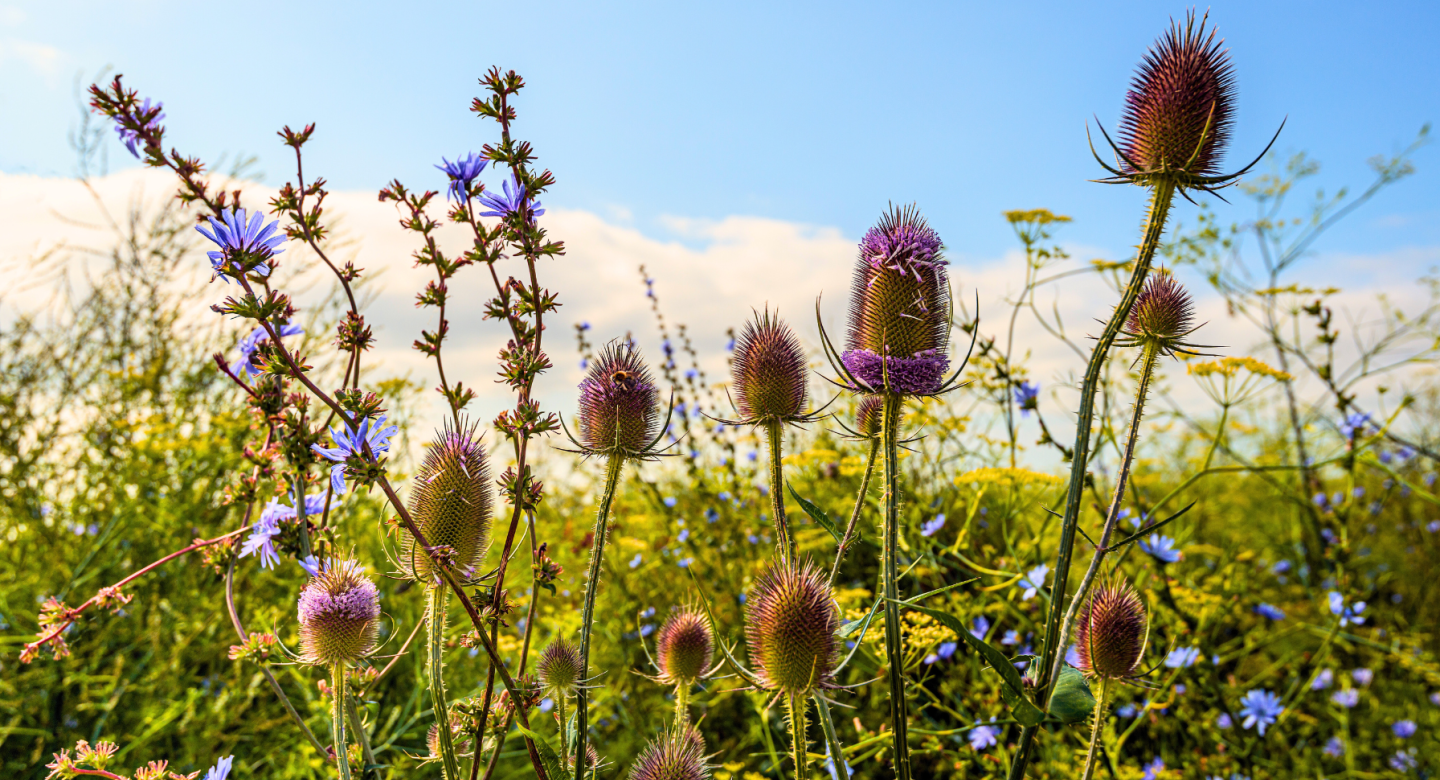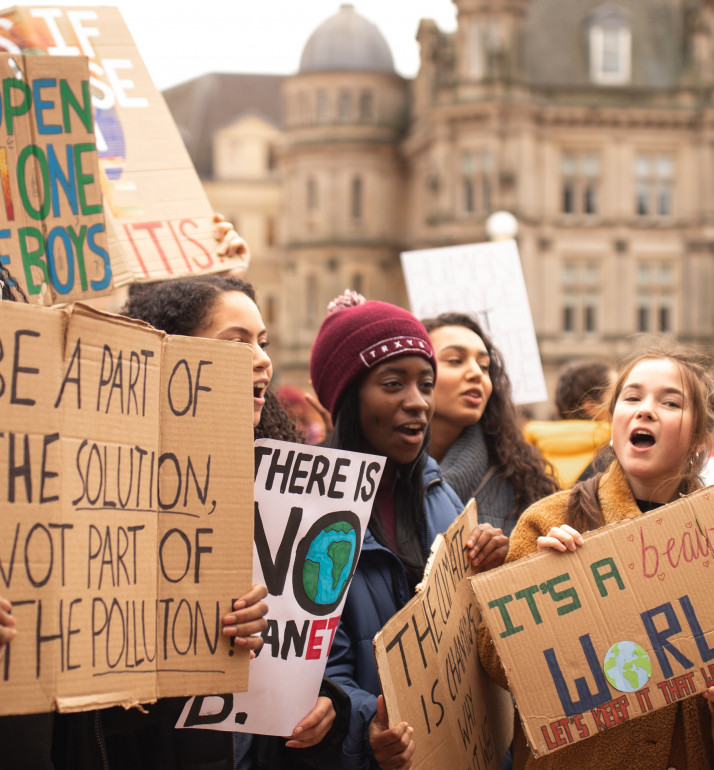

The symphony of life: Why biodiversity is our greatest hit
Imagine Earth as a vibrant orchestra. Every species, from the towering redwoods to the tiniest beetles, plays a unique note, contributing to the rich symphony of life. This biodiversity isn't just beautiful background music; it's the very foundation of a healthy planet, providing us with clean air, fresh water, and the food on our plates.
But the music is under threat. Habitat loss, pollution, and climate change are silencing instruments at an alarming rate, necessitating global action for biodiversity conservation.
The world is waking up to the importance of protecting the unique life forms that live on our planet. International agreements like the Convention on Biological Diversity (CBD) are bringing nations together to set ambitious goals for the next decades. The most recent Conference of the Parties (COP) 15 to the CBD took place in 2022, and resumed in 2023, with COP 16 taking place this November.
One of the main takeaways was the Kunming-Montreal Global Biodiversity Framework, which refers to a new action plan aimed at halting and reversing biodiversity loss by 2030. An ambitious goal that the Netherland is keen to achieve. The framework sets specific targets for protecting land and water, reducing pollution, and mobilising resources for conservations efforts.
Resource mobilisation was a crucial discussion point of the recent CBD, which highlighted the need to secure funding in order to achieve the ambitious goals of the framework. Developed countries have an important role to play in providing financial support to developing nations for biodiversity initiatives. This is done in the Netherlands through a range of programmes in which governments, business and knowledge institutes come together to offer their backing. Discussions were also focused on ensuring fair and equitable sharing of the benefits arising from the use of genetic resources. This is particularly important for developing countries with a rich array of biodiversity resources.
The CBD made it clear that we are in this challenge together, and that everyone has a role to play in solving biodiversity challenges. The Netherlands is proud to join this movement, recognising that true sustainability requires international collaboration. We believe in sharing knowledge and best practices, fostering a global conversation where every voice can be heard.
Everyone can Be Part of the Plan
Here at home, we're not just talking the talk, we're walking the walk. Dutch agriculture is renowned for its efficiency. More and more often, that efficiency is going hand-in-hand with biodiversity. Practices like crop rotation with nitrogen-fixing plants and creating hedgerows alongside fields provide vital habitat for pollinators and other beneficial insects. Precision agriculture, using technology to target fertilizer and water use, minimises environmental impact while maximising yields.
But our commitment goes beyond the farm. A quiet revolution is also happening in Dutch backyards. Half of our gardens are currently paved over, but a growing number of citizens are realising the potential of their own green spaces. Fuelled by a desire to be part of the plan and take individual action towards combatting climate change, and a recent surge in interest in sustainability, people are ripping out tiles and planting flowers, shrubs, and trees. This greenery isn't just beautiful, it's a boon for biodiversity.
Insects are vital pollinators and a key link in the food chain, but they face a steep decline due to habitat loss, pesticide use, intensive agriculture, artificial light pollution and climate change. These tiny musicians are essential for the health of our ecosystems. A recent study reveals a troubling decline in wildflowers across Dutch landscapes, with once-common plants like cuckoo flowers and daisies disappearing. The culprit? A shortage of bees and other pollinators. This alarming trend highlights the interconnectedness of all living things. If these pollinators vanish, the plants they depend on disappear too, creating a domino effect that threatens the stability of ecosystems and even food security. By providing food and shelter through initiatives like "tegelwippen" (tile flipping) campaigns and the development of insect hotels, Dutch citizens are playing a vital role in restoring this balance.
Ready to Be Part of the Plan?
This is just the beginning of a new biodiversity-positive movement. By working together, the Netherlands and our international partners can ensure a future where a thriving biodiverse world sustains us all. We can create a world where the music of life grows stronger, richer, and more beautiful for generations to come.





